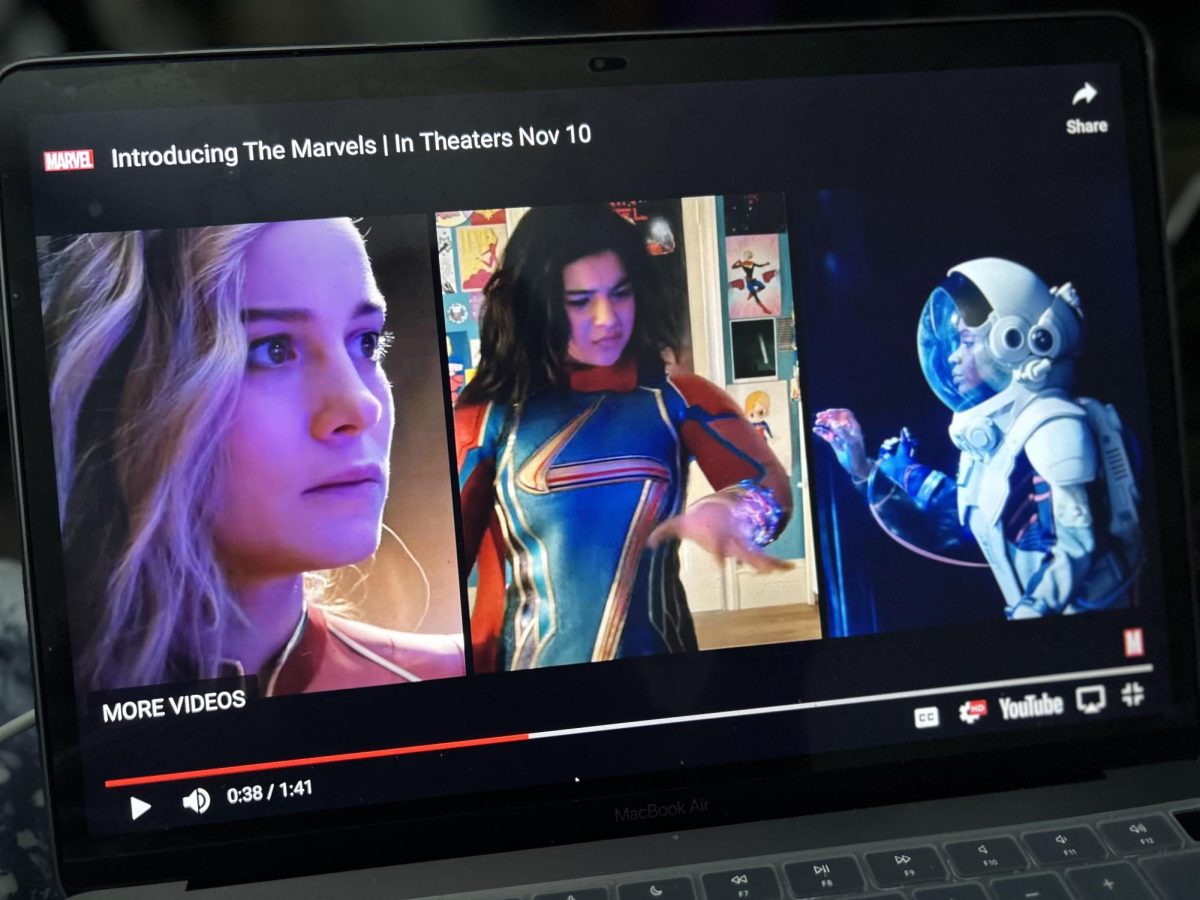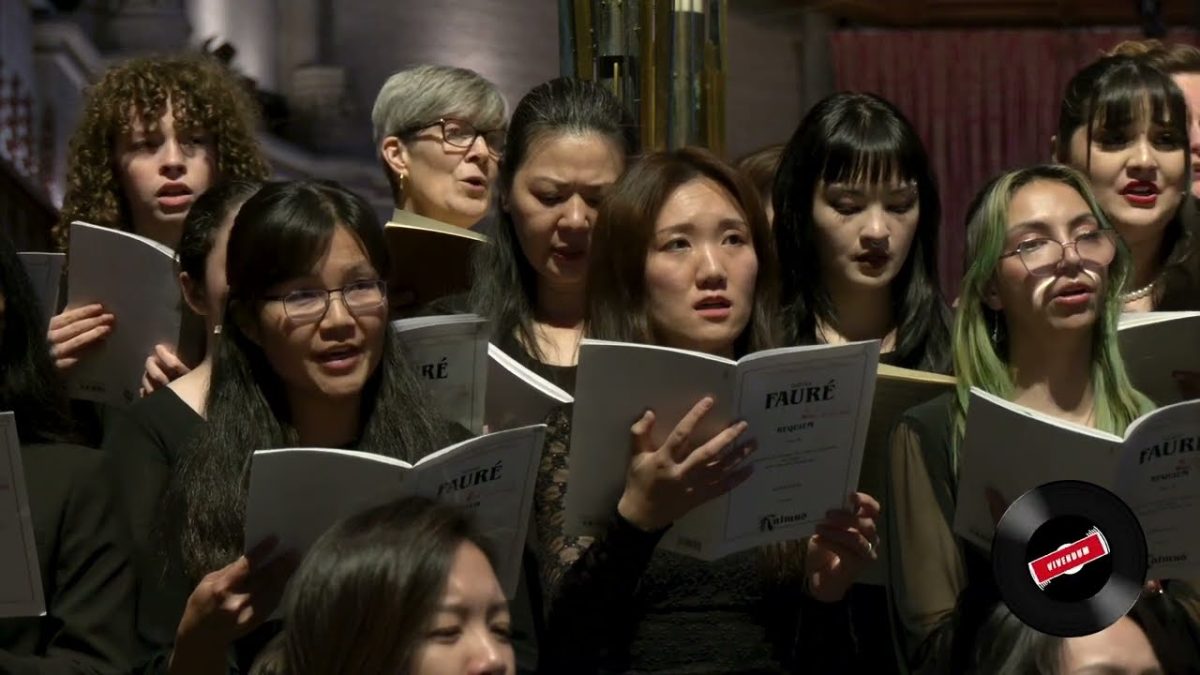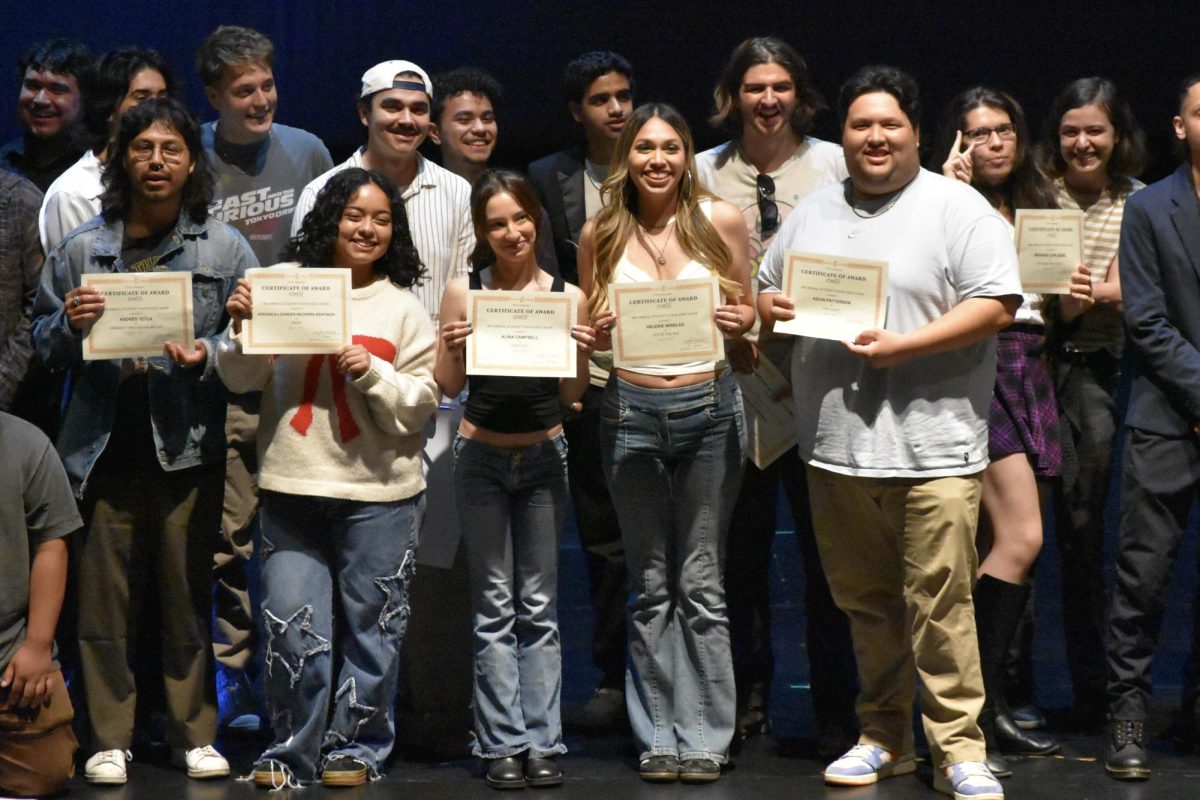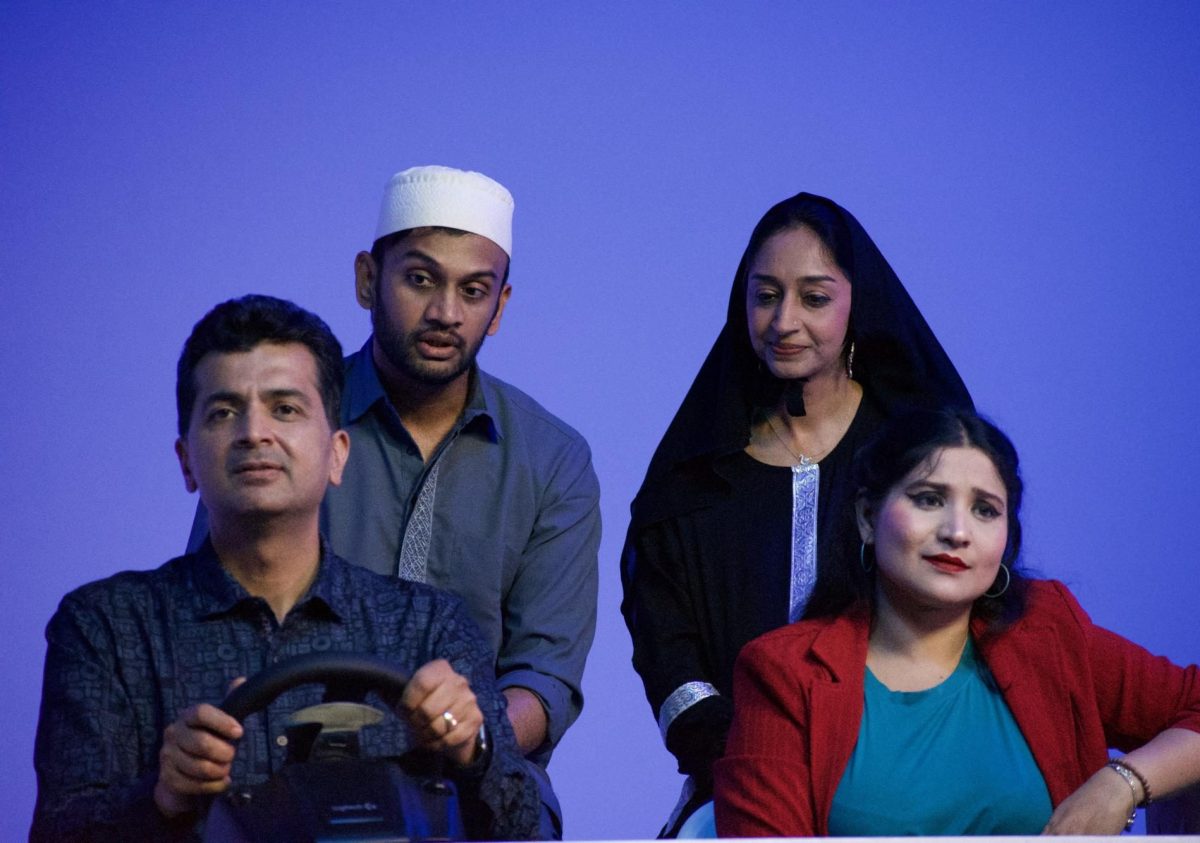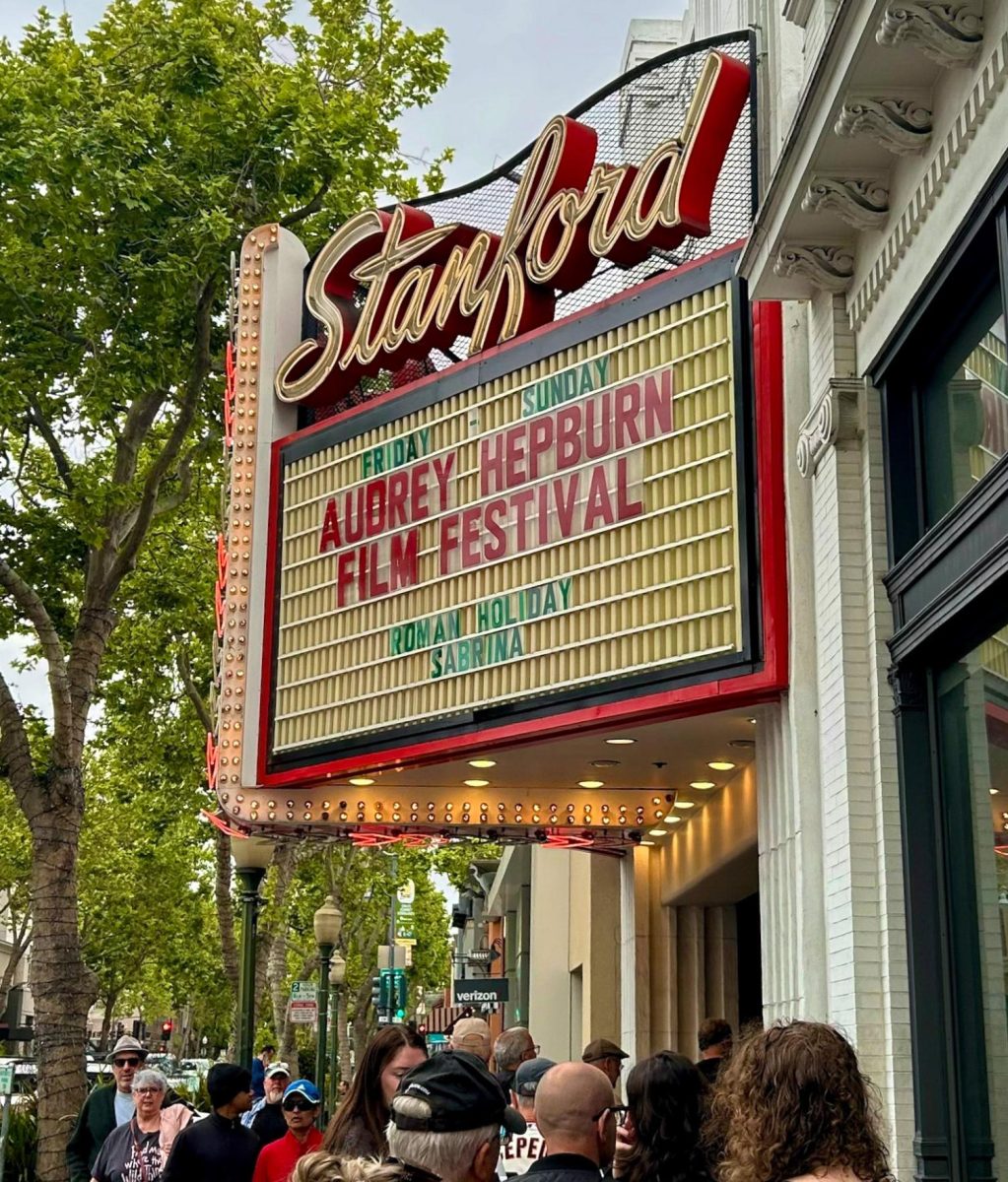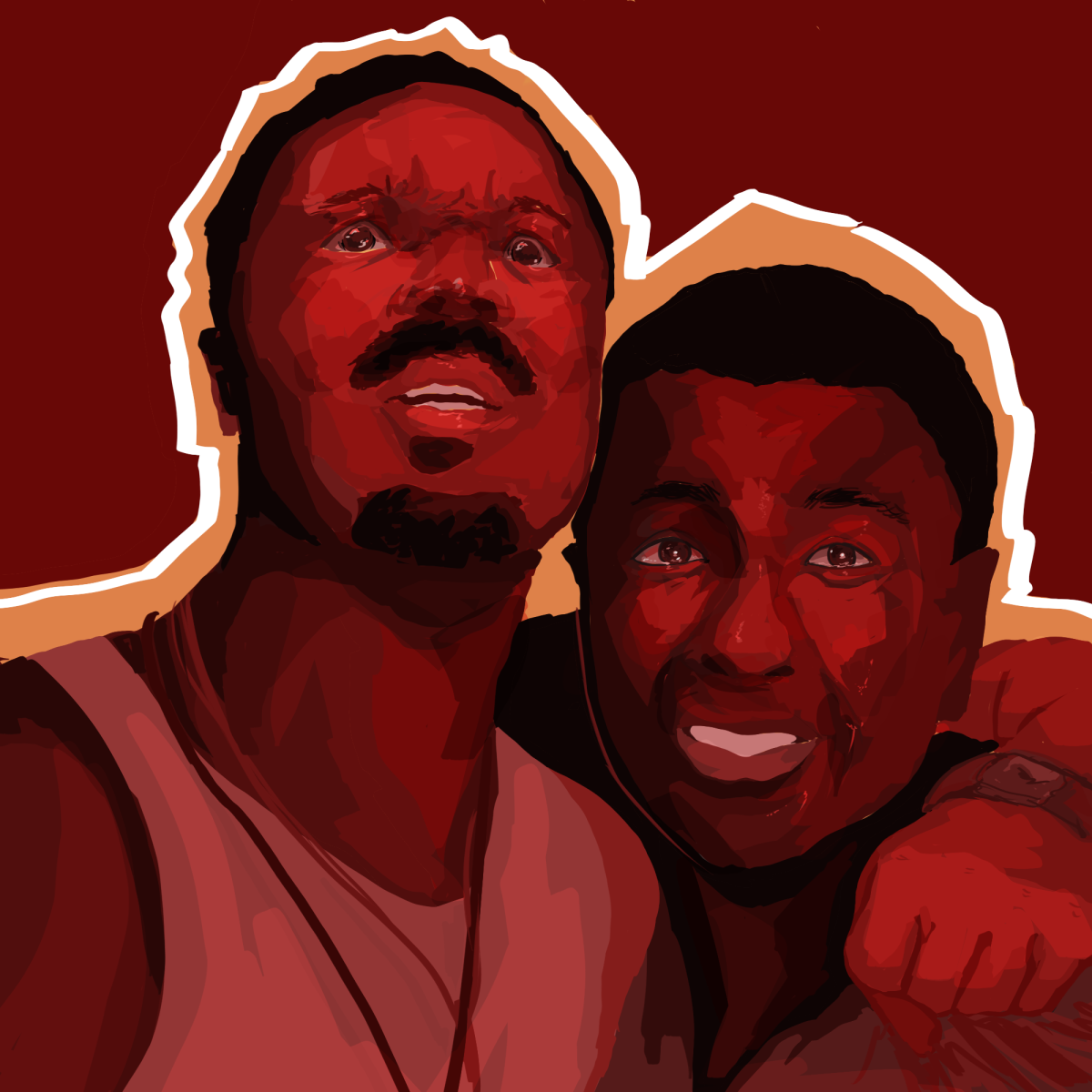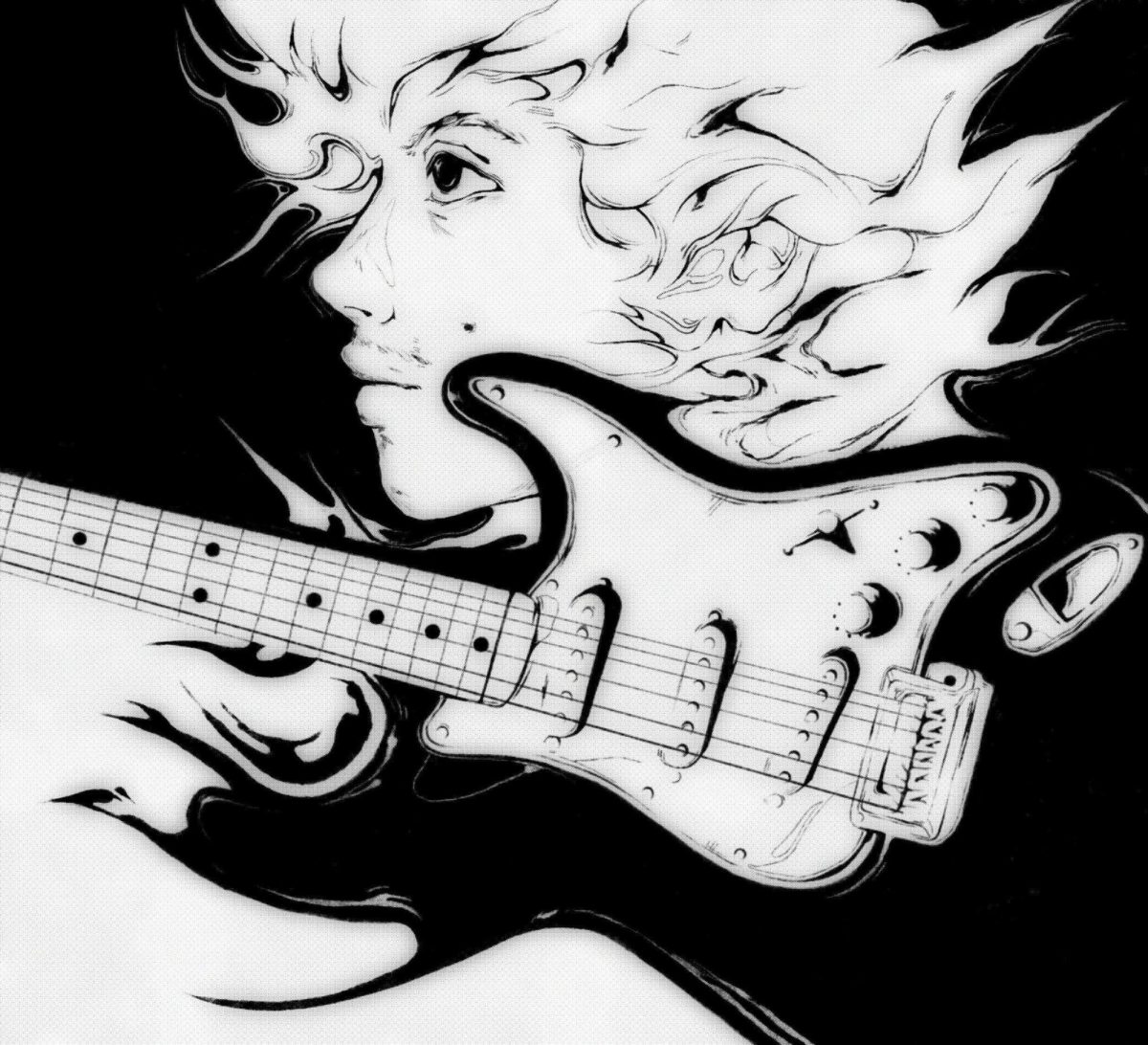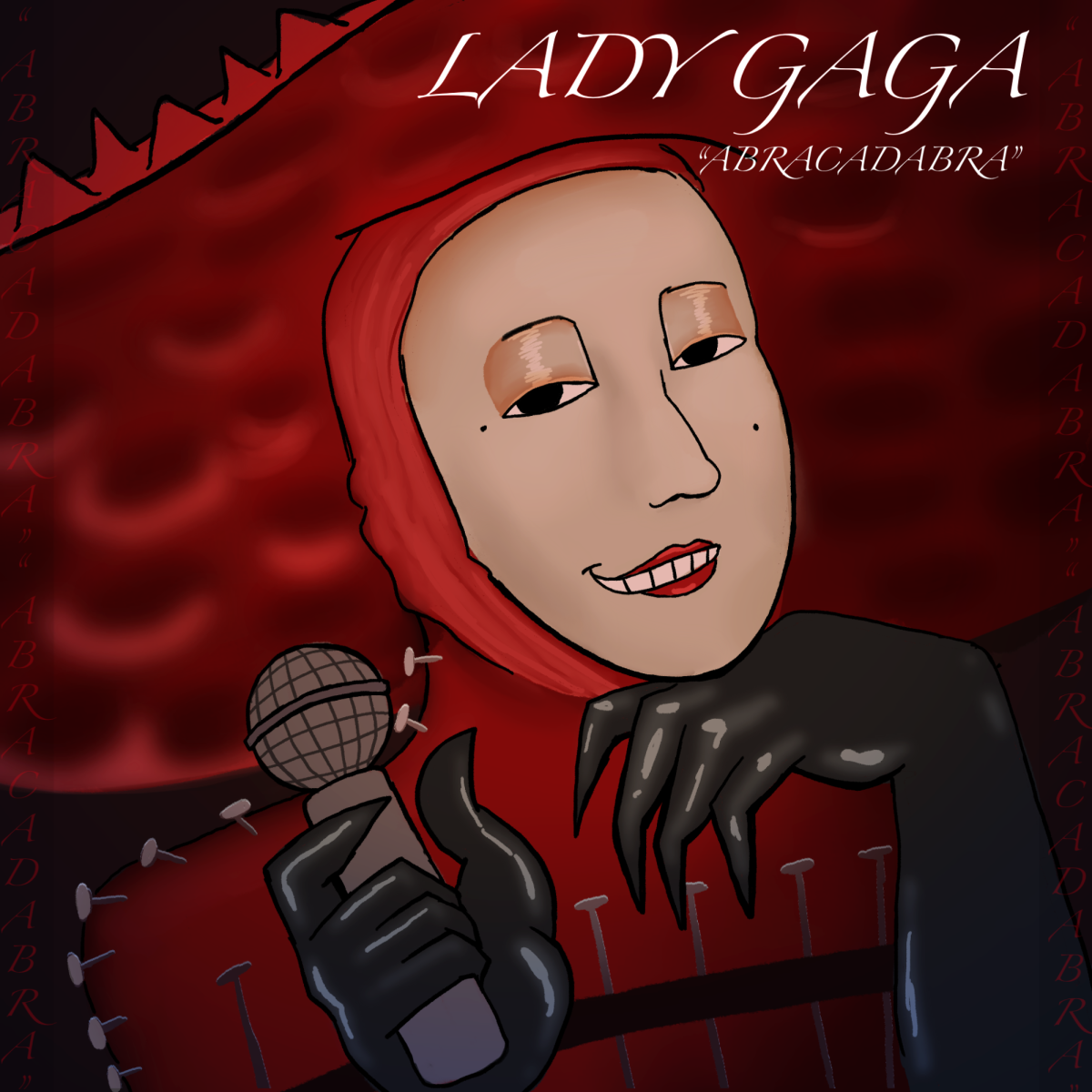DISCLAIMER: This analysis will contain spoilers.
New to the fans’ least favorite phases is a low-tracking box office. The Marvel Cinematic Universe, known to make millions upon millions of dollars in theaters, missed the mark with its latest release, ‘The Marvels’, with low scoring reviews to match.
Fans have seen the steady decline in quality following the MCU’s powerhouse film, “Endgame” in 2019. The lack of cohesiveness from film to film, an overreliance on visual effects and the deluge of often disappointing TV shows make loving the MCU feel like a chore.
This film is easily one of the best in the MCU’s newest phase, but what went wrong with it? Marvel Studios found massive monetary success with “Captain Marvel” which made $1.1 billion dollars at the worldwide box office in 2019, making it the most successful female-led superhero film so far and one of the highest grossing films of 2019.
With that success came extreme sexism against the lead, Brie Larson, who struggled with online hate comments by the hundred of thousands. Men, mostly, didn’t seem to like that Captain Marvel was deemed such a powerful character and they didn’t like that Larson had negative thoughts about movie critics mainly being white men. They, in turn, painted Larson as a diva to work with, one that most of the Marvel cast hated to be around.
They would dissect interviews, post insults about her looks and strong physique, and laugh at her (Oscar-winning) acting. This all came without a peep from most of her male coworkers (who happily all jumped up to protect Chris Pratt after the internet began to make jokes that he was “the worst Chris”).
Larson has been continually defended by friend and co-star Samuel L. Jackson (Nick Fury), her other Marvel co-star Don Cheadle (War Machine) and the late Chadwick Boseman (Black Panther), who was the only Marvel man who wasn’t in the film, to show up to the “Captain Marvel” premiere.
“The Marvels” suffers from this same predicament that followed Brie Larson previously. This film, instead of one woman, now has three female leads, two being women of color. Teyonah Parris, who plays Monica Rambeau from the wildly successful Disney+ show “WandaVision,” is a dark skinned Black woman; while colorism runs horribly rampant in many areas, it is specifically prominent in the acting world.
Newcomer Iman Vellani, who plays Kamala Khan (aka Ms. Marvel) from the cute and upbeat Disney+ show “Ms. Marvel,” is a Pakistani immigrant raised in Canada. Her character, Kamala, is also Muslim with prayer scenes and discussions of the effect on the Muslim community post 9/11 included in her show.
The director, Nia DaCosta, who directed the award winning “Little Woods” (2018) and the box office smash “Candyman” (2021), which premiered during the pandemic, is also a Black woman. She has discussed how she has had to deal with racism and sexism from MCU fans throughout the process of working on “The Marvels.” Many journalists also reported on how DaCosta left “The Marvels” post production to begin working on her next film, which is a very typical thing to do.
This caused an uproar, digging “The Marvels” into a bigger grave as people misinterpreted DaCosta as not having hope for the film and not caring about its success. Men, specifically white men, do not get the same treatment when they follow the same and normal practices in the industry.
Many MCU fans see this diversity and empowerment as “forced” and heckle any MCU movie with women as part of the “M-SHE-U.” It belittles female fans and actors alike, often negatively swaying those films’ public perception. The worse that women-directed and woman-led films do, the less that executives will greenlight diverse movies.
Studios will see no monetary benefit in showing women on screen or having them behind the camera and will get rid of it. It took so long to even see solo female led superheroes and for Marvel to let women direct — this reactionary, sexist and racist backlash will only phase out that social progress with each phase.
“The Marvels” also suffers from a lack of promotion. Movies of this scale typically have world wide reach, the stars covering magazines, going to every talk show imaginable, and finally having massive and glamorous premieres around the globe. Unfortunately, for “The Marvels,” actors were rightfully on strike.
The Screen Actors Guild — American Federation of Television and Radio Artists, or SAG-AFTRA, demands against promotion of films that have not been signed off under their rules, or are not fully independent (which a massive film through Disney and Marvel Studios is not) during the strike did not allow the cast to talk about the film at all prior to its release.
The strike officially ended on Nov. 9, a day after the film’s starless Los Angeles premiere and screening. Rather than adequately give the actors ample time to promote the movie and postponing its release, Marvel thrusted the movie into theaters with very little promotion. The stars, specifically Brie Larson, were trying to play promotion catch up with much less reach than the average Marvel rollout.
The Boycott, Divest, Sanction movement has also played into the movie’s lack of success. Disney has been under fire for their donation to Israel amidst the Israel-Hamas conflict and the genocide of the Palestinians in Gaza. Disney donated $2 million dollars in humanitarian relief aid to Israel shortly after the October 7 attack.
Usual MCU fans and movie goers began to boycott the company, like many are doing with Starbucks and McDonalds, after finding out about their donations. Any Disney franchise, including “The Marvels,” is no longer on people’s radar as millions across the country call for a ceasefire in Gaza.
While “The Marvels” (rated PG-13) isn’t the strongest film in the entirety of the MCU, it easily holds its own within post-“Avengers: Endgame” phase 4 and phase 5 of the beloved franchise. The plot isn’t super in-depth, but the dynamic chemistry between the three leads, the clever humor and the intense and visually thrilling fight scenes take the film to new heights.
“The Marvels” is a fun, fast paced, powerful ride captained by Captain Marvel/Carol Danvers (Brie Larson), Monica Rambeau (Teyonah Parris) and Ms. Marvel/Kamala Khan (Iman Vellani). The film follows the three women as they are challenged with a resource stealing Kree (a race of blue blooded, semi humanoid, galactic protectors that were actually revealed to be genocidal colonizers in “Captain Marvel”), Dar-Benn (Zawe Ashton), and a glitch that causes the three light central powered women to switch places when they use their abilities.
This hiccup makes for funny and heart racing scenes as they struggle to figure out what’s happening and are thrown into different parts of the universe and thus some epicly choreographed fight scenes.
When the women finally come together, it makes for some of the best on-screen chemistry since the original Avengers. Kamala is a teenage fangirl of Captain Marvel, even naming herself (Ms. Marvel) after her. Carol and Monica have a familial history; Monica’s now deceased mother, Maria, was Carol’s best friend, therefore making Carol, Monica’s aunt. They have a strained bond from Carol’s intergalactic absence since Monica was a child.
As they all work on their different personalities, power switches and bonds, Dar-Benn targets planets Carol holds dear, siphoning their resources for her own planet of Hala, which Carol was key in destroying.
Carol was part of the Kree , but they used her, lied to her and stole her memories in “Captain Marvel” (2019). This fueled her rage, causing her to destroy the Central Intelligence, an AI being that commanded the Kree. This devastated Hala, with their atmosphere no longer breathable, their sun practically dead and their oceans dried up. Dar-Benn wants to enact revenge on Carol while simultaneously saving her people with a quantum band she found, the second of which is on Kamala’s wrist, a family heirloom given to her by her great grandmother, all shown in the Disney+ show “Ms. Marvel.”
The film’s ending is tame and slightly rushed. The mediocre villain of Dar-Benn never quite leaves a lasting impression on audiences. She’s more of a low level nuisance caught in a fun blend of heroic personalities. Her motives never feel dire, despite the urge of saving her people. Dar-Benn never feels scary or truly villainous, she feels like a scared, broken woman trying to save her home, but without the extensive run-time to develop her, she will unfortunately be forgotten by viewers.
The MCU is also known for their post-credit scenes and the two shown in theaters absolutely did not disappoint! They’re extremely exciting (and nerve wracking) for the future of these films. Seeing what’s coming next is an absolute shock and makes seeing the movie even more worth it.
“The Marvels” is funny, without trying too hard (most times), values strong women being vulnerable and connecting with one another and has solid visuals, epic fight scenes and the shortest runtime of an MCU movie at one hour and 45 minutes.
The emotional, lonely, and newly fleshed out Carol, seeing the hero’s journey and sacrifice through Kamala’s eyes and Monica coming into her own as both an intellect and a powerhouse was a delight to watch, despite what the low box office and reviews are saying. There’s a way to critique a movie, and the studios actions, without being angry at or dismissive of the valuable representation it has both on screen and behind the camera.
Rating: 4/5



